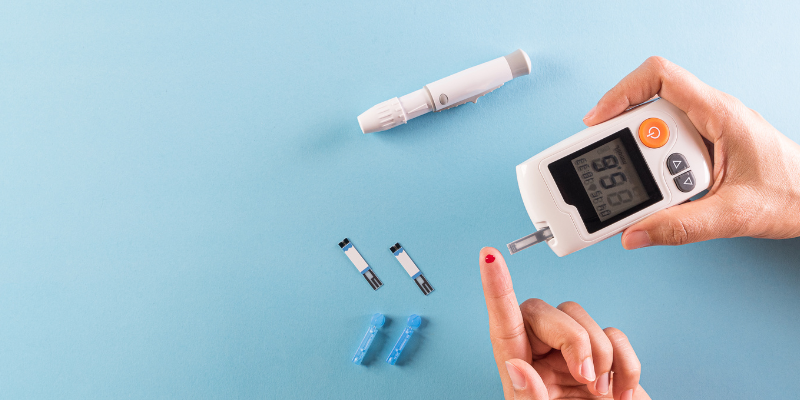
Bariatric surgery is a transformative procedure that significantly assists individuals with severe obesity in losing weight and enhancing overall health. Despite its numerous benefits, one of the less-discussed outcomes is the risk of developing hypoglycemia after bariatric surgery, a condition marked by abnormally low blood sugar levels. This blog post will delve into the causes, symptoms, and effective management of hypoglycemia after bariatric surgery.
Understanding Hypoglycemia
Hypoglycemia refers to a medical condition where the glucose levels in the blood fall below the normal required threshold, which can disrupt normal body functioning. Glucose is a critical energy source for the body's cells and maintaining balanced blood sugar levels is essential for optimal health.
Causes of Hypoglycemia After Bariatric Surgery
Post-bariatric surgery hypoglycemia can occur due to several unique surgical consequences:
- Rapid Gastric Emptying (Dumping Syndrome): This condition happens when the stomach empties food into the small intestine too quickly after eating, often leading to a spike in blood sugar levels followed by a sharp decline, resulting in hypoglycemia.
- Altered Hormonal Responses: Bariatric surgery can significantly affect hormones that regulate metabolism and blood sugar, including how the body uses insulin. These hormonal changes may enhance insulin sensitivity or alter glucose production, contributing to the risk of hypoglycemia.
- Decreased Food Intake: After surgery, patients typically consume less food, which can lead to inadequate glucose availability and lower blood sugar levels, especially if meals are skipped or insufficient in carbohydrates.
Symptoms of Hypoglycemia to Watch For
Recognizing the signs of hypoglycemia is crucial for timely management. Symptoms can vary from mild to severe and may include:
- Sweating or clamminess
- Nervousness or anxiety
- Heart palpitations or a rapid heartbeat
- A feeling of weakness or fatigue
- Dizziness or lightheadedness
- Confusion or difficulty focusing
- Headaches
- Blurry vision
- An intense craving for sweets or hunger
Strategies for Managing Hypoglycemia After Bariatric Surgery
Managing hypoglycemia effectively involves several proactive strategies and lifestyle adjustments:
- Balanced Diet: Incorporating a diet rich in proteins, healthy fats, and complex carbohydrates can help stabilize blood sugar levels.
- Consistent Meal Timing: Eating smaller, more frequent meals throughout the day can help maintain steady glucose levels and prevent the peaks and troughs that lead to hypoglycemia.
- Limiting Simple Sugars: Avoid foods and drinks high in simple sugars that can cause rapid spikes in blood sugar followed by sudden drops.
- Medication Review: For those on diabetes medications, reviewing and adjusting these medications with a healthcare provider is essential, as dosages might need to be altered post-surgery.
- Continuous Glucose Monitoring: Utilizing devices that continually monitor glucose levels can provide real-time feedback and help manage and anticipate fluctuations in blood sugar.
Conclusion: Navigating Post-Surgical Changes
While hypoglycemia after bariatric surgery can be challenging, understanding its causes and symptoms, and employing strategies to manage it, can significantly ease the journey. Regular consultations with healthcare providers, adherence to dietary recommendations, and careful monitoring of blood sugar levels are essential for managing this condition effectively. If symptoms of hypoglycemia occur, it is critical to address them promptly with professional medical advice to maintain health and wellness after bariatric surgery.












